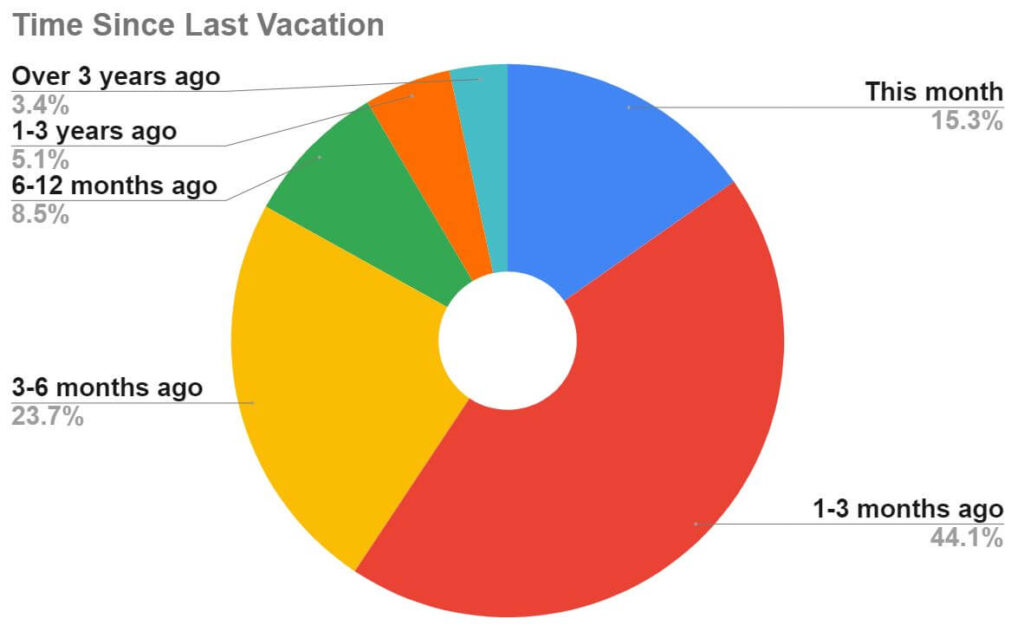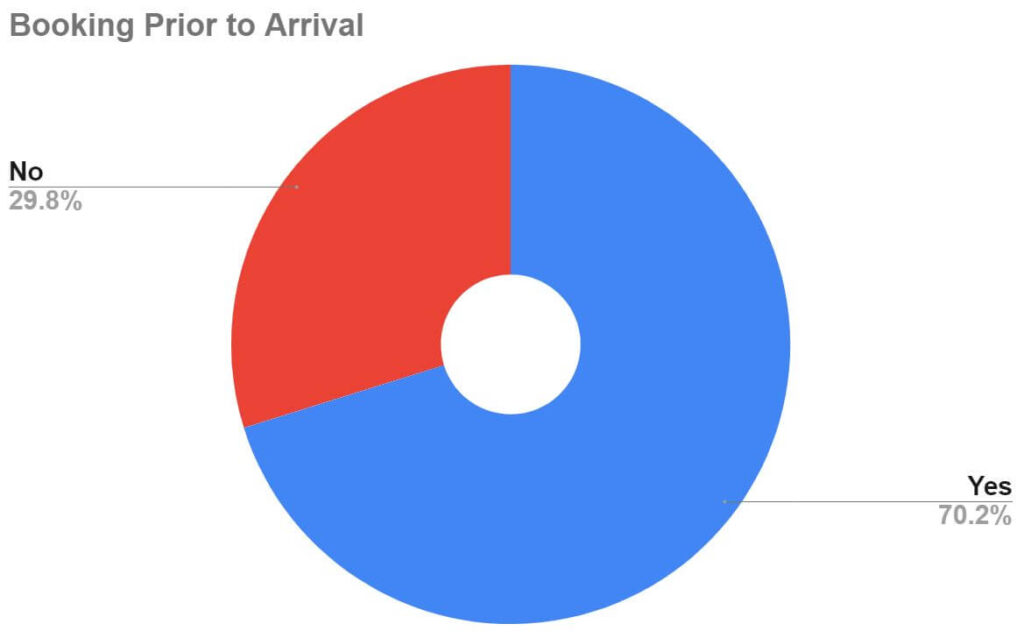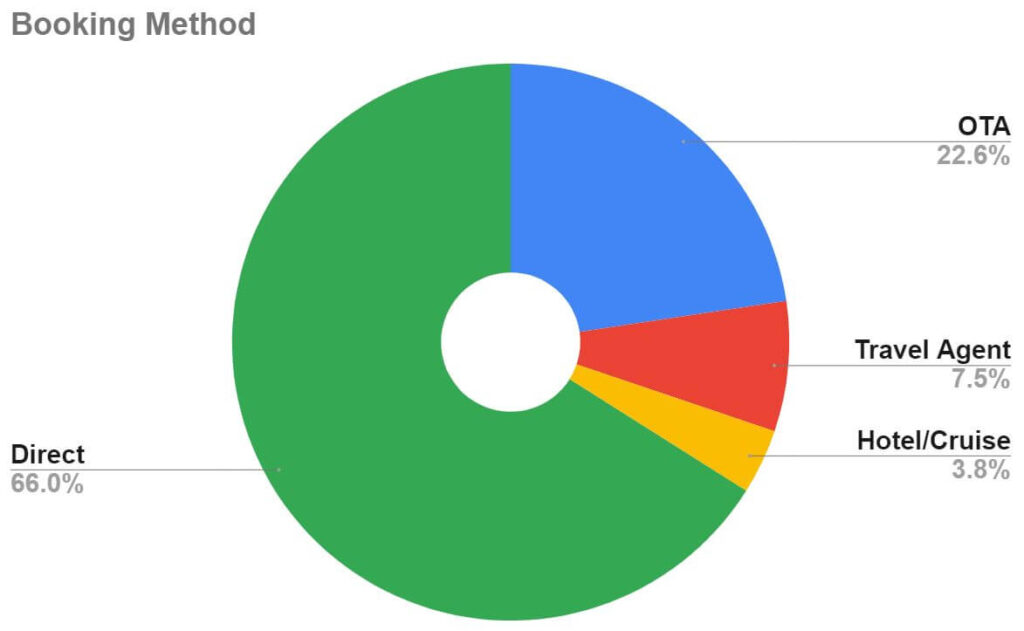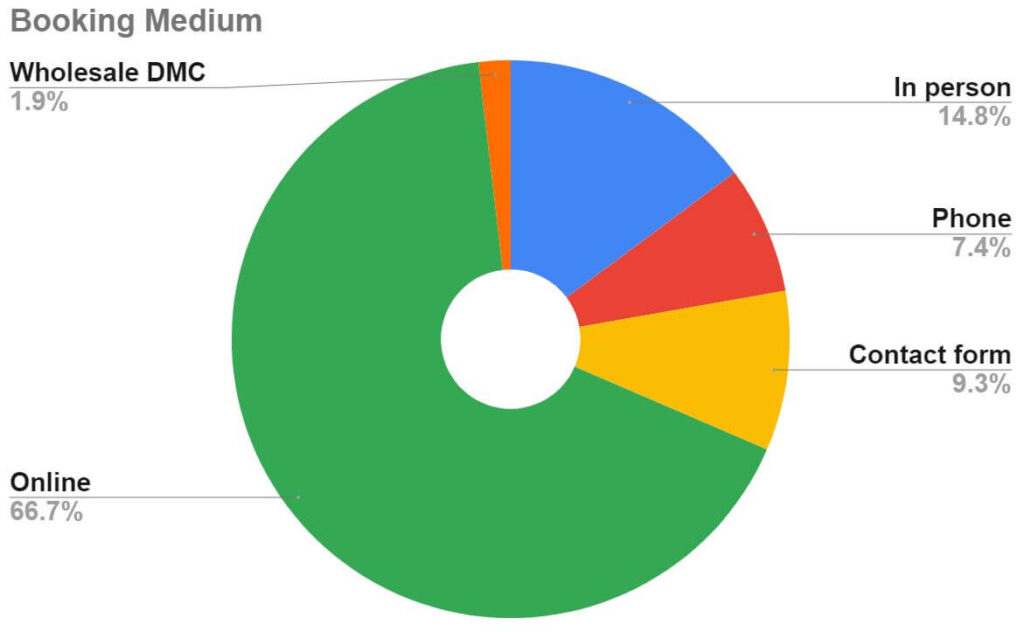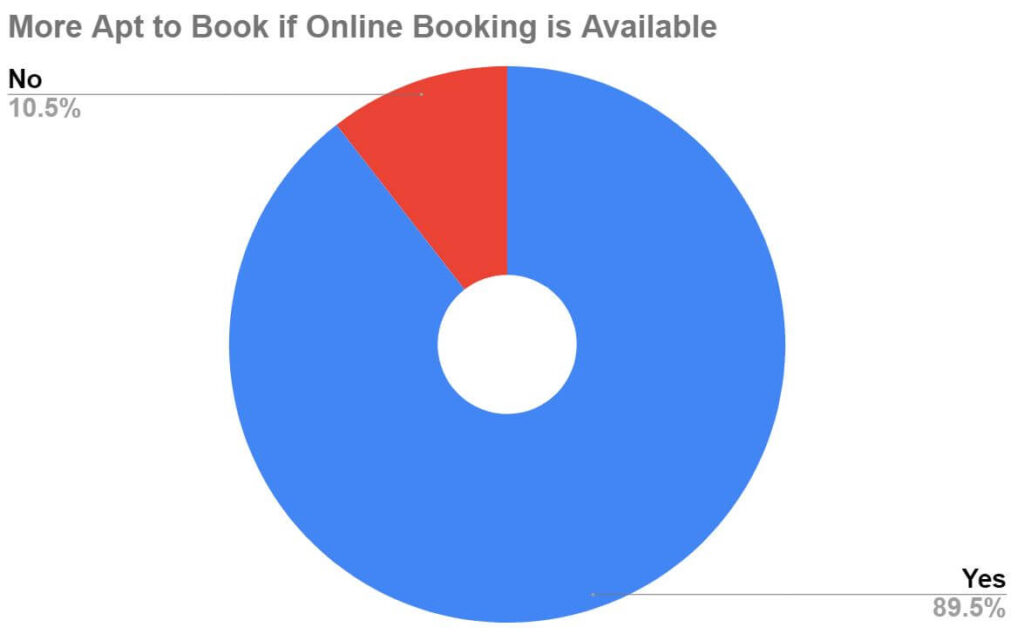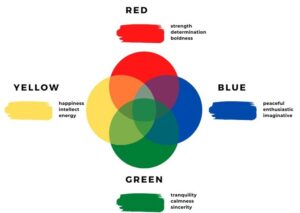In September 2019 we asked consumers to answer five questions about their last vacation. The goal was to learn more about how consumers think about and plan vacations and the experiences that they have while on vacation.
Below are the results of the survey as well as the analysis of the results. We’ve broken this down into three primary sections: when consumers take vacations, how the book experiences, and if online booking matters to them.

At TRYTN we strive to bring not just new functionality to help tour and activity operators and businesses sell more but also information. Information can be key to understanding your market and how to better execute your business and marketing plans. This case study was created to help businesses understand what their consumers may be thinking about when taking a vacation.
When Consumers Vacation
The first question that was asked in the survey was approximately when was the date of your last vacation? From this question we can identify two primary data points: distribution of months vacations are typically taken and how long ago the last vacation was. This first graph shows the distribution by month of when survey respondents said they took their last vacation. Perhaps not surprising but most vacations are taken around spring break (March or April) and are very steady through Summer months and into early Fall (June through September) which is also typically when school is not in session.
We can also see that many people do not vacation in the Winter months. This is surprising given that many consumers do tend to travel to warmer places to get away from the cold or to mountain regions for ski trips. Our suspicion is that consumers are taking multiple vacations a year and the Summer vacation came after the Winter vacation.
We can also determine the length of time since the consumers last vacation. Given that we asked in September most customers had taken a trip within the month or the last three months which corresponds to the distribution of vacation months from the above graph.
How and When Customers Book Experiences
Perhaps more important than when or how often a consumer takes a vacation is how that consumer books experiences for that vacation. This first graph represents the question did you book experiences for your vacation prior to arrival at your destination? This helps us to understand if consumers like to plan out their vacations or see what interests them as they learn more about the location while in the destination.
From this graph we can see that around seven out of every ten consumers like to pre-book their activities and experiences prior to arrival at their destination. About three in ten will wait until they arrive for vacation to book their activities and experiences.
As a business owner it’s important to remember both types of consumers are potential customers. Are you enabling customers to book with short notice? If you have a large purchase cut-off window set you may be missing out on potential customers.
Likewise, are you incentivising customers to book online ahead of time, perhaps through an online booking discount, promotion codes, or flash sales? Given the majority of customers like to book activities and experiences ahead of time this is a consumer buying habit that you cannot afford to ignore.
Next we asked consumers to tell us what primary method they used to book experiences for their last vacation. The following chart shows the breakdown of responses from respondents.
Surprisingly direct was the number one response. Given the popularity of online travel agents (OTAs) we expected the OTA segment to be larger and reduce from the direct traffic. Around 11% place their bookings through a traditional travel agent or through a hotel or cruise package (think all-inclusive packages.) This shows the importance for tour and activity operators to offer a way to book online. Direct bookings offer you the largest return for your investment because you don’t have the large commissions that you do with the other methods.
We next asked a similar question: what medium did you use to book your activities and experiences? For this we wanted to learn how people are booking. As an example did you go into the travel agent office or did you call or email them? Not surprisingly most respondents book their activities online as this is the most convenient. The next largest category was in person which likely results in walk-up reservations which does not directly correlate with the percentage that books their experiences once they arrive (this is about half of that response.) Given the availability of phone and internet service it’s likely that even once at the destination consumers are still using phone and online means of booking to book their activities and experiences.
Given the large number of responses in the online column it’s important for tour and activity owners and operators to realize that online booking is an important part of a consumers journey when planning out their vacation. This question also helps to show that tour and activity operators need to allow customers to book online.
Do Customers Really Care about Booking Online?
The million dollar question really is are you more apt to book if online booking is available? It can take a lot of time and effort to switch systems or move from an in-person/phone reservations to accepting online reservations. Tour and activity operators that really want to drive business and increase the growth of the business in a dramatic way need to have the ability to accept reservations online.
But what does it matter as a tour or activity operator if the customer doesn’t see the value in online booking ability? That’s why we asked if it made a difference to them. Would a customer be more willing to book an activity or experience if that business offered online booking? Yes, a resounding yes! Most consumers, nine out of every ten, are more likely to book an activity or experience for their next vacation if that business offers the ability to book online.


